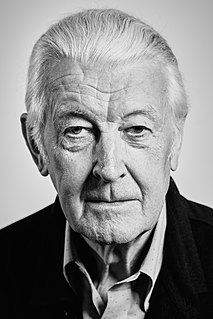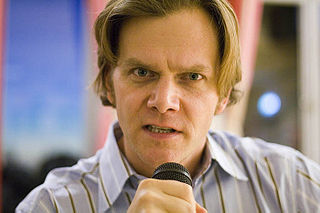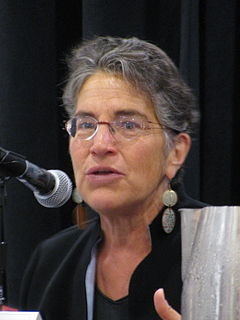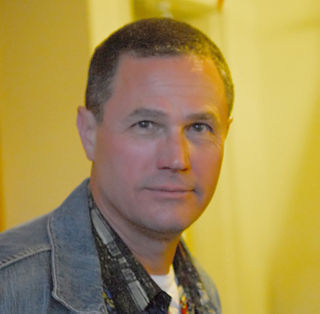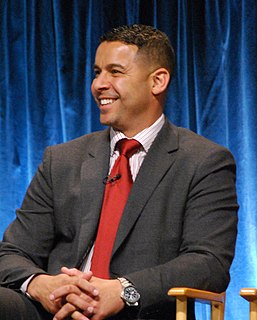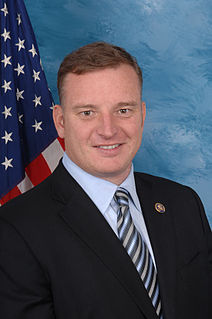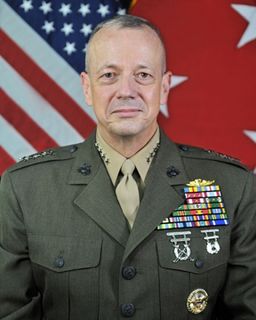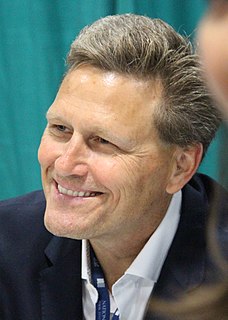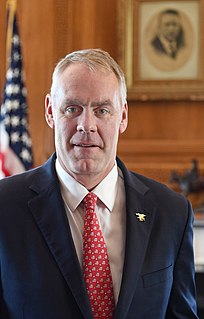Top 1200 Military Industrial Complex Quotes & Sayings - Page 8
Explore popular Military Industrial Complex quotes.
Last updated on November 20, 2024.
I'm a perfectionist. And that's served me very well in my career. It allows me to handle these large, complex problems without letting things fall through the cracks... That is the mentality you have to have to attack these complex problems of chip design, for example, when you're overwhelmed with complexity.
In the past, [medicalization]has been portrayed as something that doctors inflict on a passive and un-suspecting world - an expansion of the Medical Empire. But in reality, it seems that these reductionist bio-medical stories can appeal to us all, because complex problems often have depressingly-complex causes, and the solutions can be taxing, and unsatisfactory.
Instead of ending U.S. military aid to the 23rd wealthiest country to use for its consistent violations of international law and human rights, we see the Obama administration escalating the annual amount of aid, so that Israel will now start each year with almost $4 billion, with $3.8 billion a year of military aid coming from our tax money to support its military, without any restrictions on how it makes - how it uses that money, what weapons in the U.S. it's able to buy.
The products we design are going to be ridden in, sat upon, looked at, talked into, activated, operated, or in some way used by people individually or en masse. If the point of contact between the product and the people becomes a point of friction, then the industrial designer has failed. If, on the other hand, people are made safer, more comfortable, more eager to purchase, more efficient-or just plain happier-the industrial designer has succeeded.
The campaign in Iraq illustrates the continuing progress of military technology and tactics, but if there is a single overriding lesson it must be this: American military power, especially when buttressed by Britain's, is virtually unchallengeable today. Take us on? Don't try! And that's not hubris, it's just plain fact.
We lived, until I was 12 or so, in communal apartment with five different families and the same kitchen, in two little - my brother and me and my parents. It was hell, but it was a common thing. My father was not general or admiral, but he was colonel. He was teaching in military academy military topography.
The history of lead is a history of neglect. It's a history of decisions on our part not to address the broad implications of what we did to ourselves during the industrial revolution and in the first part of the century when our cities expanded broadly, when we built our housing and we began to depend upon lead as a mainstay of our new industrial culture. We put this stuff in even though we knew it was dangerous, we knew it was going to hurt kids.
